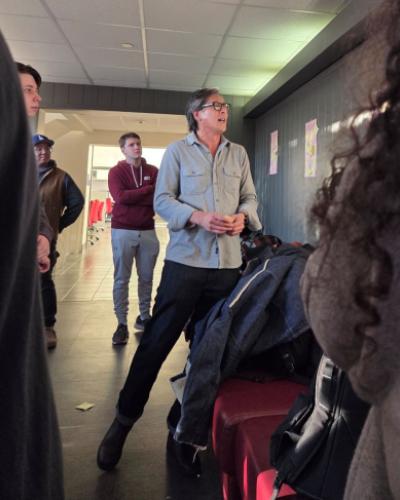
History Department Hosts Lively Open House and Trivia Night
History Department Hosts Lively Open House and Trivia Night
 Department Homepage
The College of Arts & Sciences
Department Homepage
The College of Arts & Sciences

History Department Hosts Lively Open House and Trivia Night
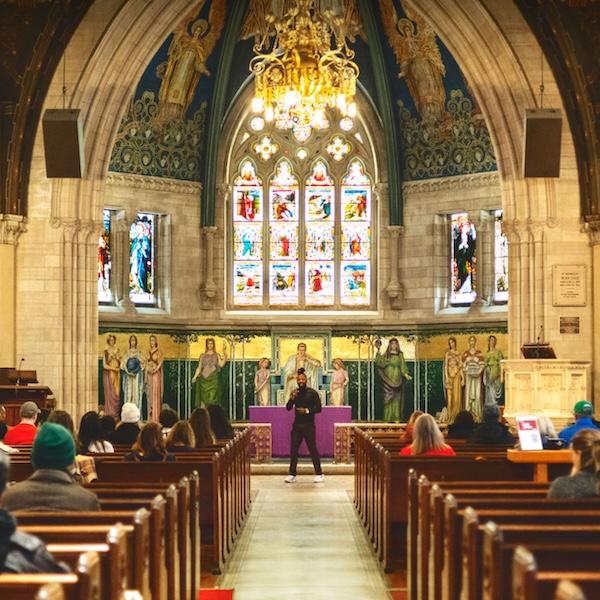
Built in an era when the University was under fire for being nonsectarian, it offers respite from a bustling campus.
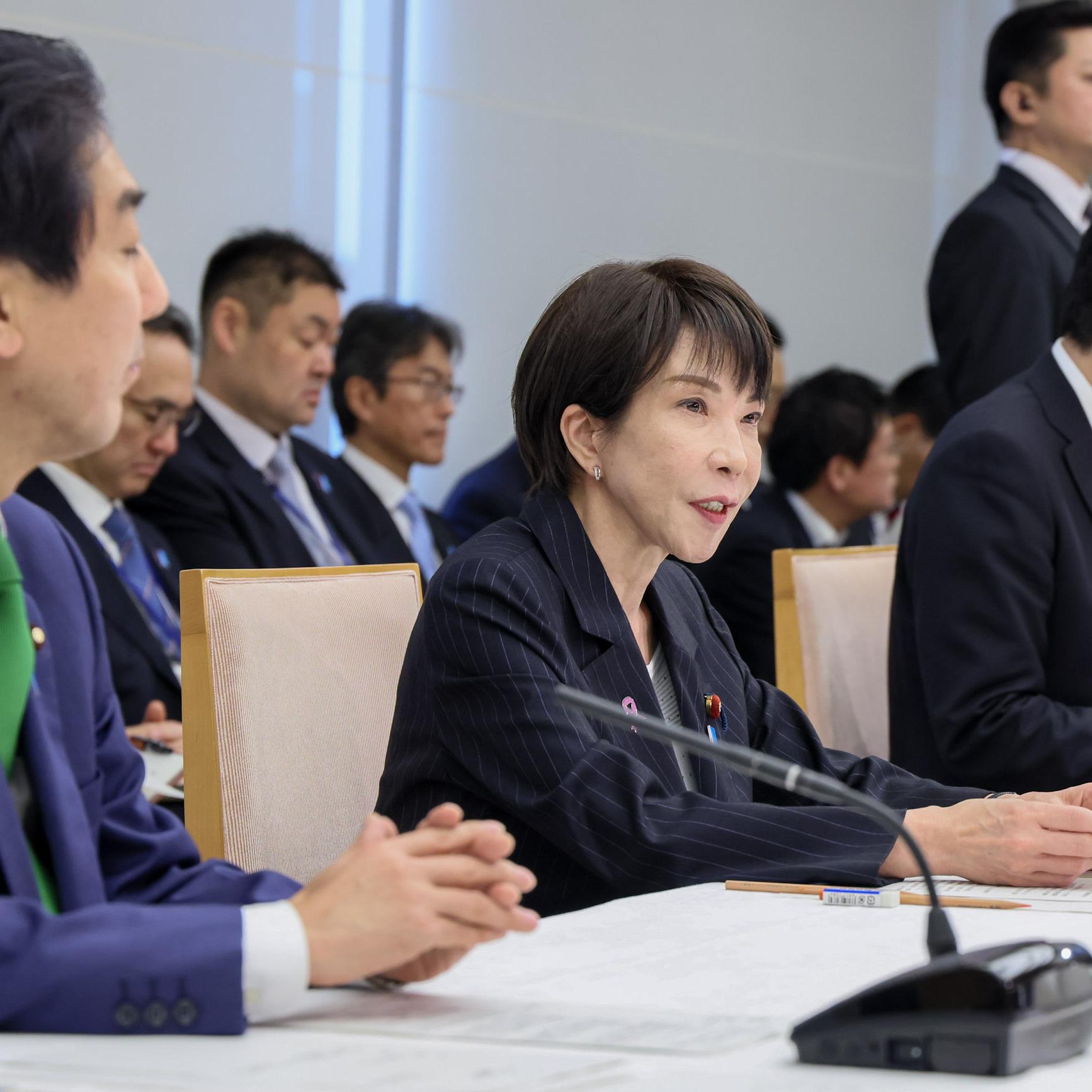
Prof. Kristin Roebuck comments on the plans of Japan’s Prime Minister Sanae Takaichi to dissolve parliament next week and call a snap election.
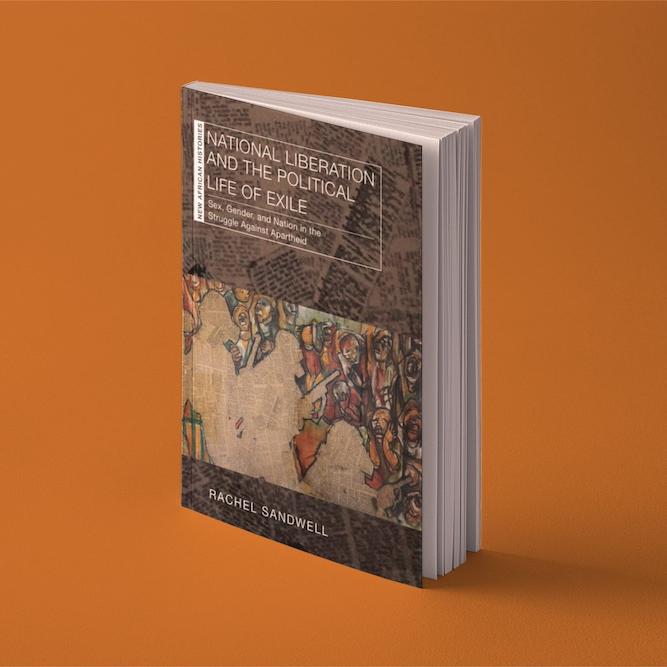
Women played a major role in debates surrounding the fight against apartheid in South Africa, Rachel Sandwell writes in a new book, “National Liberation and the Political Life of Exile: Sex, Gender, and Nation in the Struggle against Apartheid.”
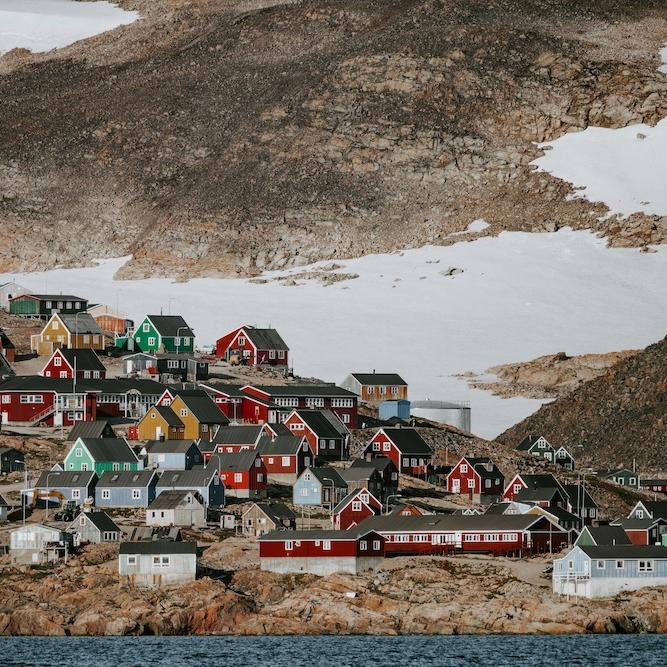
A Cornell historian and military expert doubts a NATO military response to the US annexation of Greenland would not happen, Despite tough talk from European leaders.
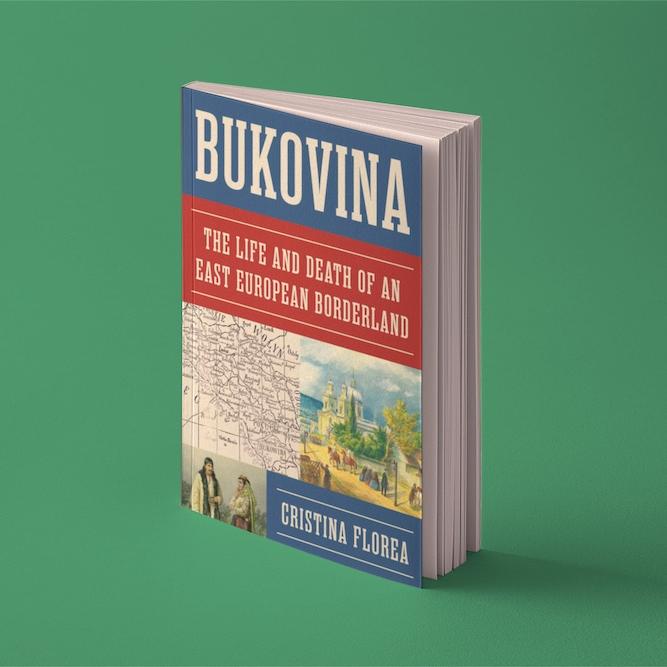
The region never fit easily among its neighbors, as regimes including the Habsburg Empire and the Soviet Union tried to remake it in their image.
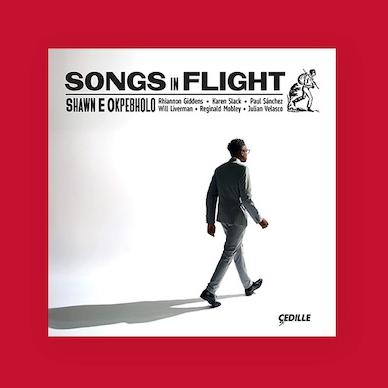
Based on poems by A&S alumna Tsitsi Ella Jaji, M.A. ’06, Ph.D. ’08, the songs by Shawn Okpebholo bring to life individual stories preserved by the Cornell-based Freedom on the Move project.
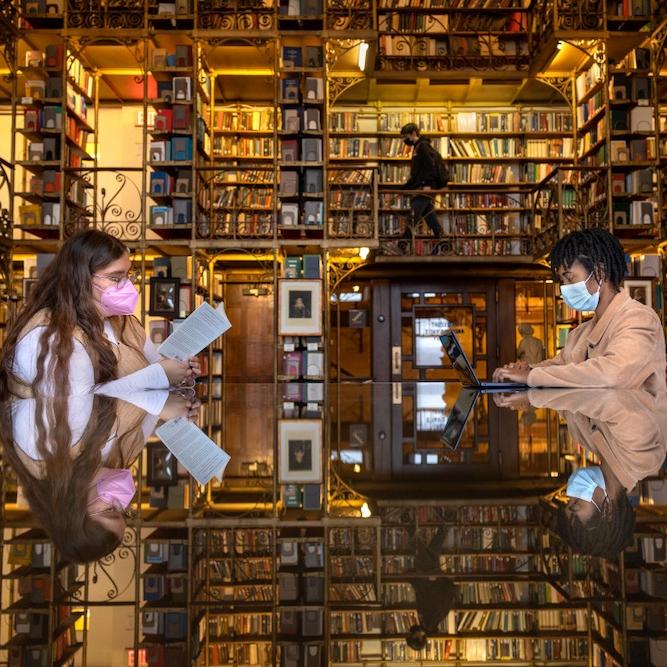
This month’s featured titles include fiction from A&S alum Thomas Pynchon ’59, an award-winning poetry collection and a study of a small town.


The Cornell Center for Social Sciences offers multiple grants to help Cornell faculty maximize their research impact. These awards help seed ambitious projects and provide support to teams of faculty applying to major external funding and collaboration opportunities.
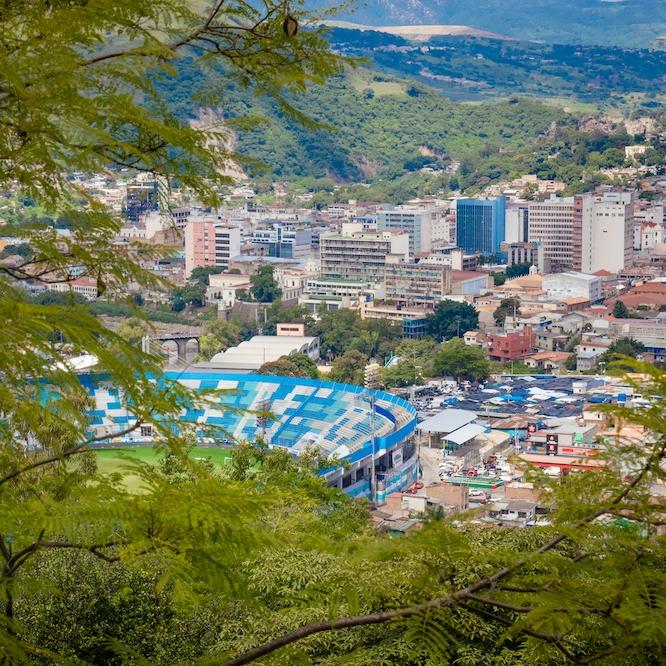
Trump’s interest in Honduras is more about U.S. business interests, than democracy, says professor Raymond Craib, a historian of modern Latin America.
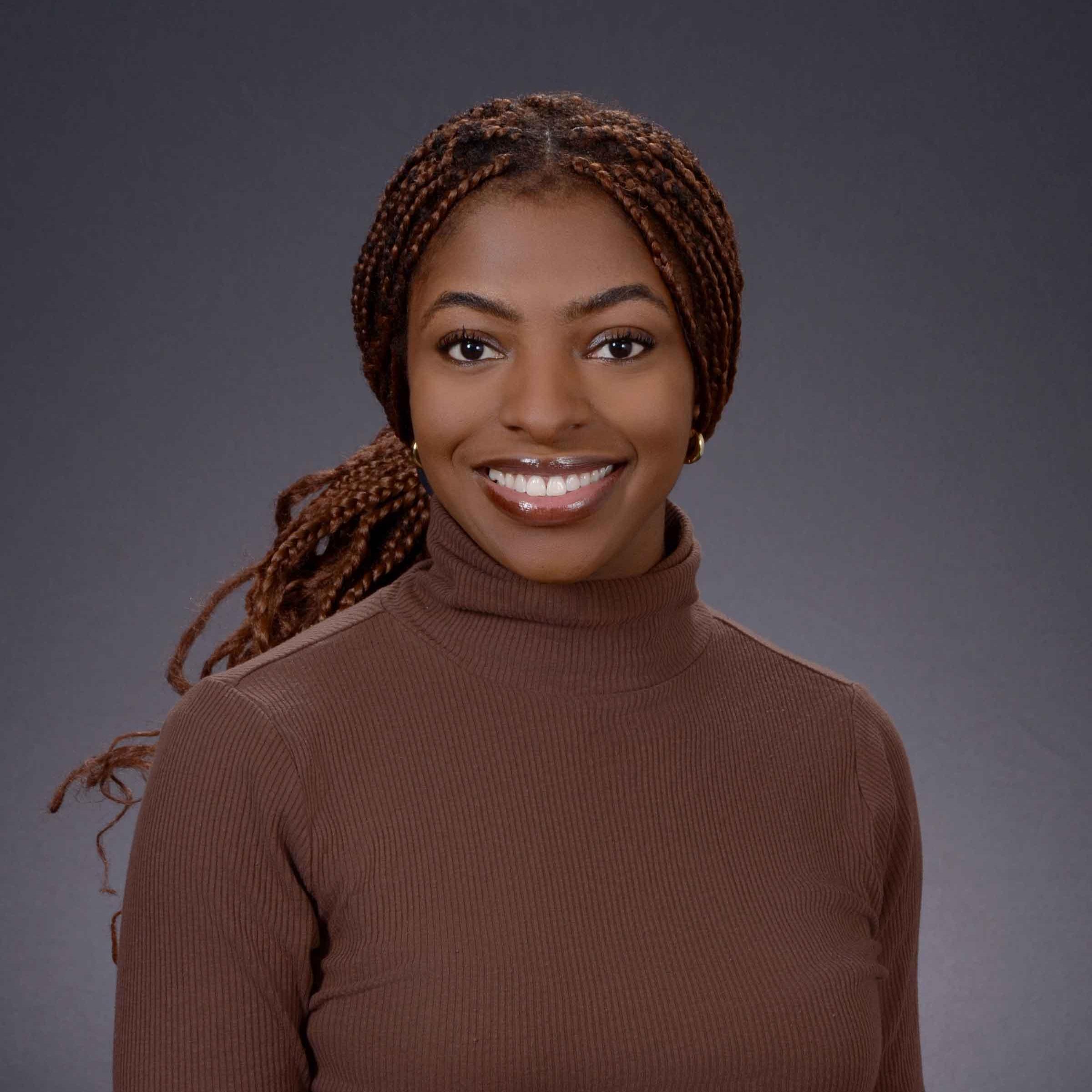
"I want to further study the politicalization of education."
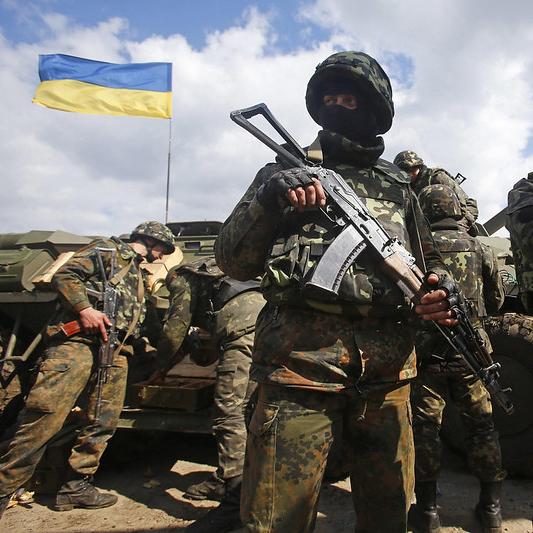
The leaked peace initiative, which would allegedly require Kyiv to surrender territory and significantly reduce the size of its army and some types of weaponry, is largely an attempt to put pressure on Zelensky, says David Silbey.
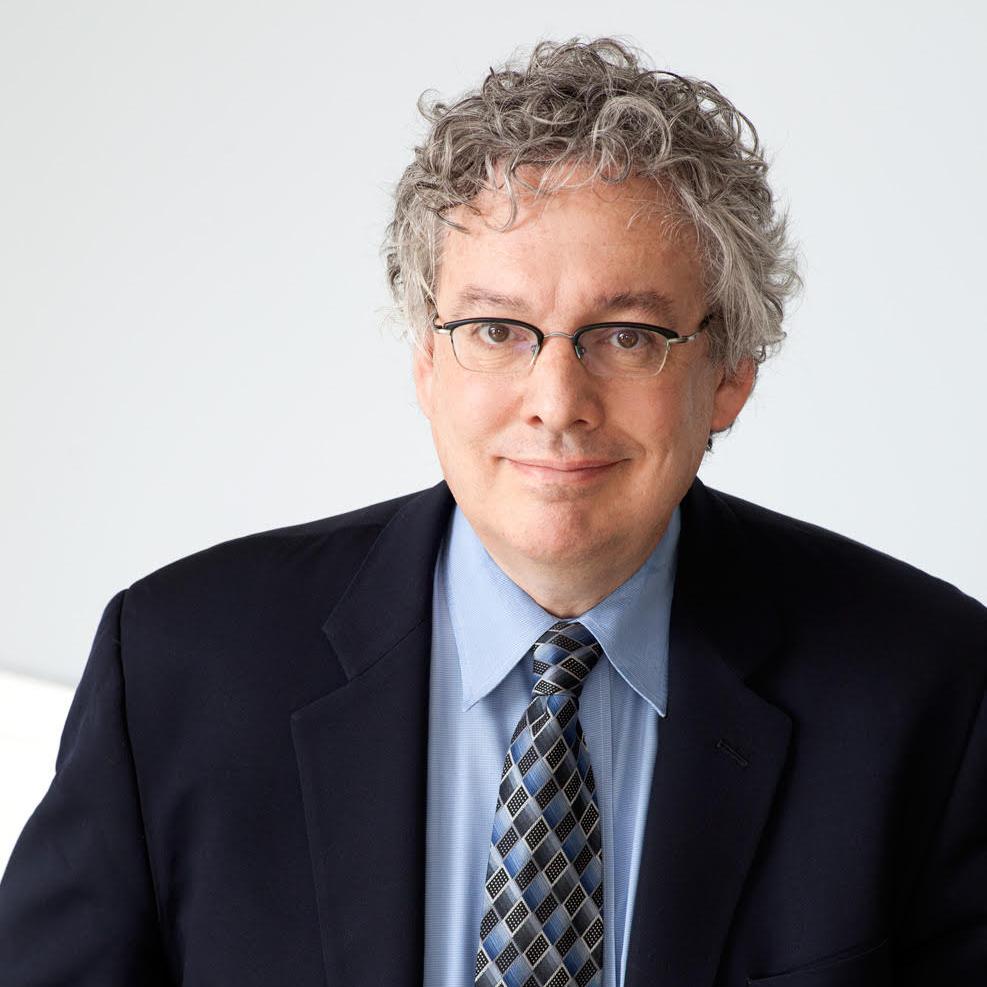
Author and historian Kevin Baker will examine the paradox at the heart of modern American sports: while there are more games and sports than ever before, access has become increasingly limited and costly.
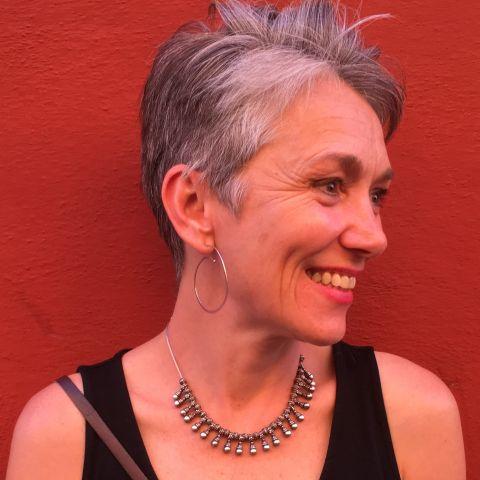
Stacey Langwick, associate professor of anthropology in the College of Arts & Sciences, will speak on "Healing in a Toxic World: Reimagining the Times and Spaces of the Therapeutic."
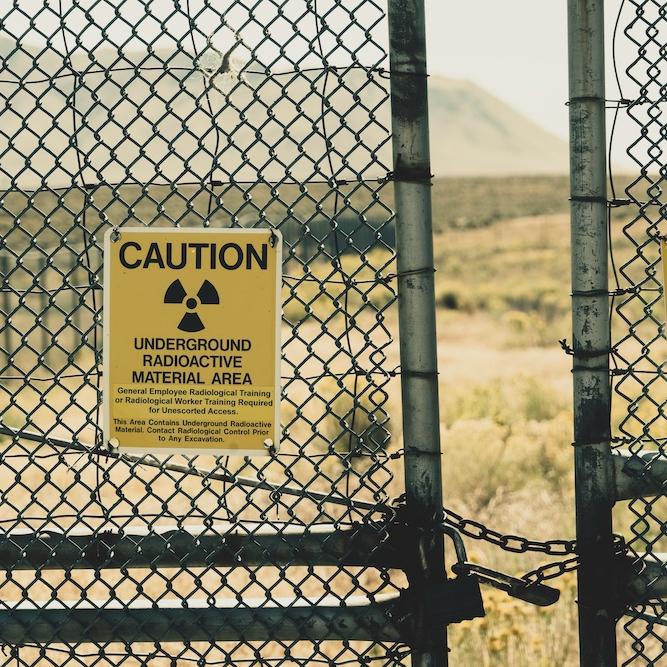
Where and how the tests will happen are important questions, says military historian David Silbey, as last confirmed nuclear test by the United States was in 1992.
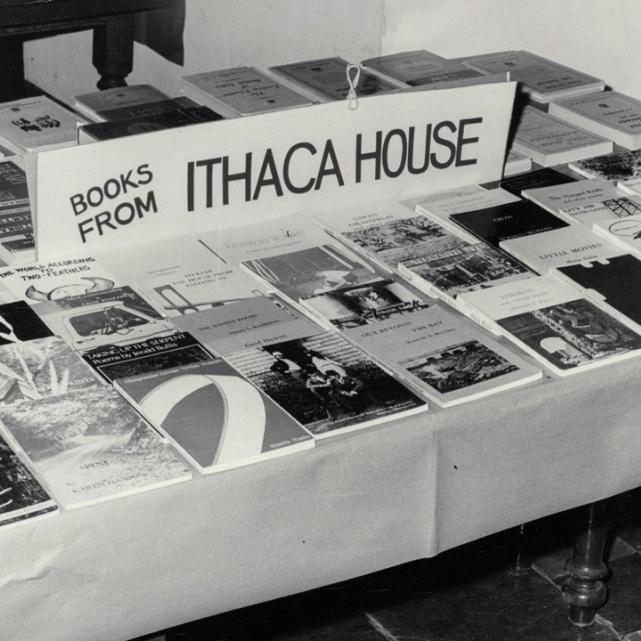

Newly published digital collections at Cornell University Library explore areas of Cornell history. Freely accessible online, the three new collections were digitized from materials held in Cornell University Library’s Rare and Manuscript Collections.
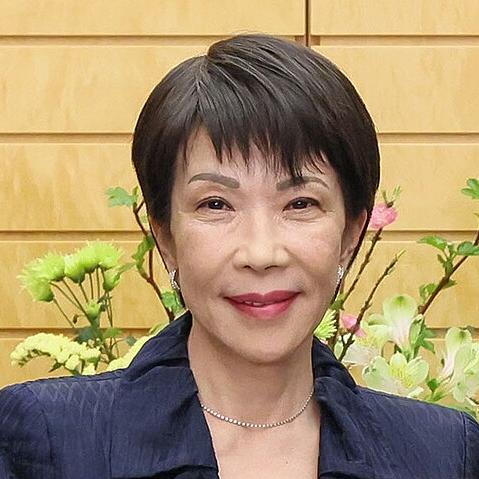
Sanae Takaichi’s election may seem surprising in a country that ranked lowest among OECD nations in women’s political representation as recently as 2023, but it is not a victory for gender equality, says professor Kristin Roebuck.
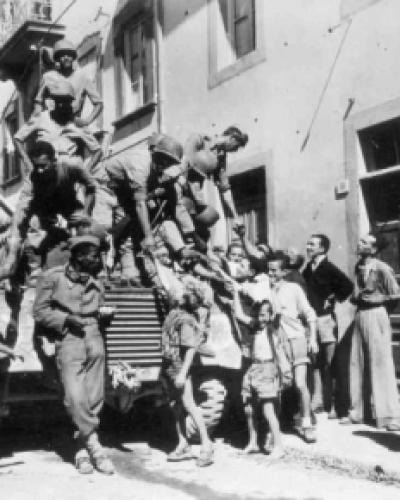
HIST 2213 World War II: History and Culture (ETM-AS, HST-AS) (HTR) Tuesday and Thursday: 1:25-2:40 plus Independent Research Professor Ruth Lawlor What was the Second World War? How do people in different countries remember it today? In this class, we will explore the military, political, economic and cultural history of the Second World War—and the wars within wars—from the perspective of its diverse participants, including the national governments of the major belligerents, partisans, colonial soldiers, women snipers and soldiers, indentured laborers and combatants everywhere. Through an examination of secondary literature, novels, films and primary source, the class begins with the worldwide crisis of capitalism and imperialism in 1931 and concludes with the suppression of anti-colonial revolts across the so-called “revolutionary crescent” in the 1940s, culminating in the partition of the Korean peninsula in 1953.
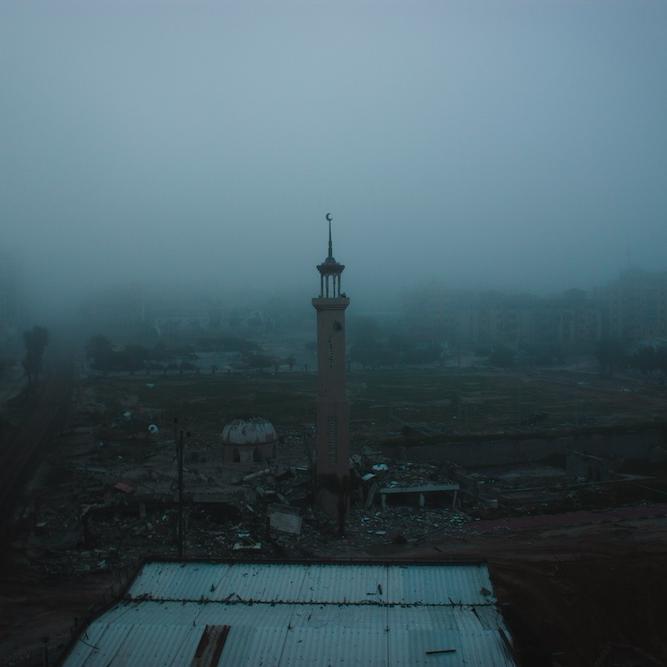
The president's leadership was a key factor in getting the deal done, says professor emeritus Barry Strauss.
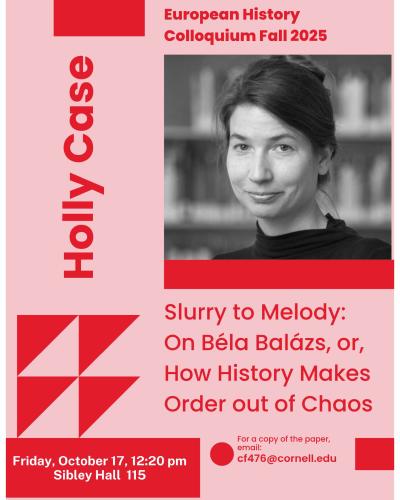
Professor Holly Case from Brown University will be speaking at the European History Colloquium on Friday, October 17 at 12:20 at 115 Sibley Hall. Her lecture is titled "Slurry to Melody: On Bela Balazs, or, How History Makes Order out of Chaos". For a copy of the paper, email: cf476@cornell.edu
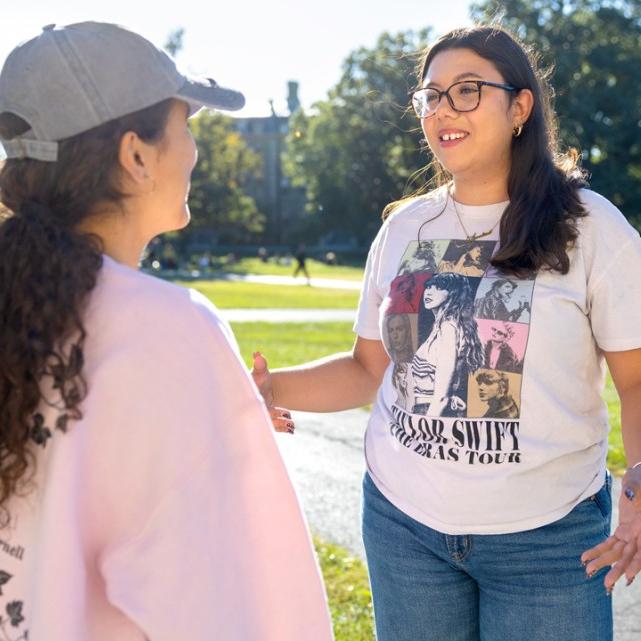

The Cornell Swift Club will ring in a new Taylor Swift era with a late-night album release party for “The Life of a Showgirl.”
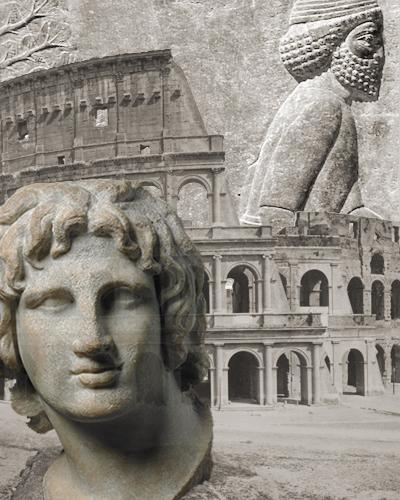
HIST 4345 Ancient Empires: From Persia to Rome, 550 BCE to 14 CE (also CLASS 4645, NES 4345) (HST-AS, SCD-AS) (HPE, HEU) Thursday: 2:00-4:30 plus Independent Research Professor Talia Prussin This seminar explores how ancient empires developed and were administered as well as how the experience of empire in the modern world and the writing of its history in the ancient world are intertwined. Which ancient empires receive scholarly attention? How are those empires’ histories told—and do those histories change when we reflect on lessons from modern colonialism? In this course, we look at the Achaemenids and the Seleucids in Western and Central Asia as well as Carthage in Northern Africa and Western Europe to situate Classical Athens and the Roman empire within the history of ancient empires in the latter half of the first millennium BCE. Major themes will include ethnicity and identity among imperial elites, citizenship as power, and economic institutions as means of territorial control.
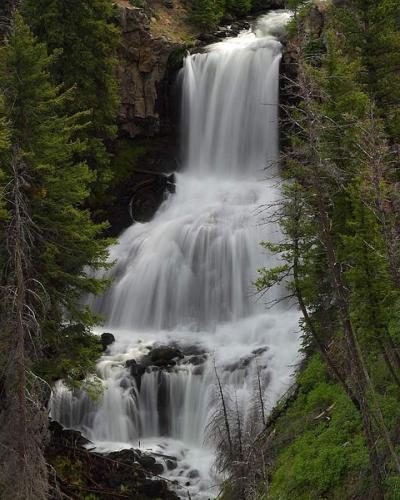
HIST 4243 Public History in Place: Interpreting the Environment (also SHUM 4243) (ALC-AS, HST-AS) (HNA) Tuesday: 2:00-4:30 plus Independent Research Dr. Amanda Martin This class moves beyond the traditional disciplinary confines of academic history to examine museums, archival collections, parks, monuments, podcasts, op-eds, maps, and more as sites of historical inquiry, memory, and knowledge production. We will think critically about what it means to craft place-based and environmental history narratives for a “public” audience. Throughout the semester, we will also consider the following questions: Who counts as a historian? To whom are historians responsible when they conduct archival research and craft narratives? What makes history in/accessible? Who are the actors in environmental history (humans, or also non-human animals and plants)? This course will also reconsider what it means to write place-based histories by incorporating site visits (including a park, an archive, and a museum) into our coursework.
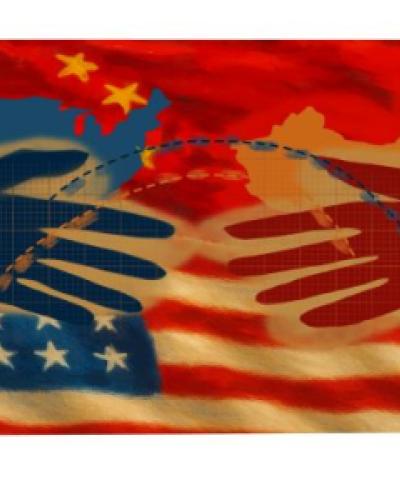
HIST 4076 History of US-China Relations, 1949-2025 (also ASIAN 4076, CAPS 4076) (HST-AS, SSC-AS) (HAN) Tuesday: 2:00-4:30 plus Independent Research Professor Peidong Sun How did the U.S. and China reach this precarious moment? Are they on the brink of a hot war, or can diplomacy still prevent the worst? Is a cold peace even possible? This course critically examines the history of U.S.-China relations from 1949 to 2025, exploring the key diplomatic, economic, military, social, and ideological developments that have shaped bilateral ties. Beginning with early Cold War hostility (1949–1972), the Korean War (1950–1953), and the prolonged diplomatic estrangement (1953–1972), the course traces pivotal moments such as Nixon’s historic rapprochement (1972-1979), the cautious engagement of normalization (1979–1989), China’s economic rise and global integration (1990s–2008), and the evolving tensions of interdependence often described as ‘One Bed, Two Dreams’ (2008–present), shifting security dilemmas, and ongoing trade and technological competition. Special attention will be given to the contemporary landscape of strategic containment, rivalry, and the price of competition and cooperation. Through a multidisciplinary approach, students will analyze primary sources, academic literature, government reports, and firsthand accounts to assess how U.S.-China relations have evolved within a broader global context. Discussions will engage with pressing issues, including military tensions in the Indo-Pacific, economic decoupling, and the future trajectory of the bilateral relationship in an era of geopolitical uncertainty.
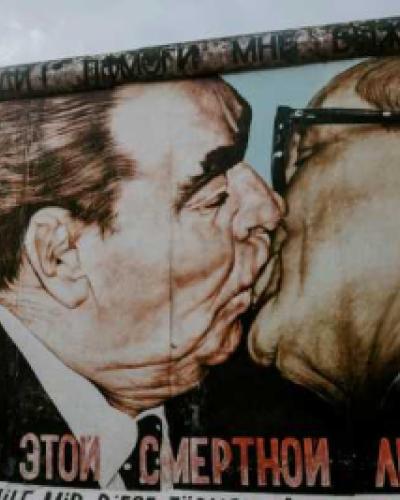
HIST 3953 Cold War Europe (GLC-AS, HST-AS) (HEU) Tuesday and Thursday: 2:55-4:10 plus Independent Research Professor Cristina Florea This course explores the Cold War's profound impact on Europe, examining how the continent became the primary battleground for competing ideologies and visions of world order in the aftermath of World War II. We trace Europe's transformation from wartime devastation to division along the Iron Curtain, analyzing the formation of NATO and the Warsaw Pact, the Berlin Crisis and construction of the Berlin Wall, and the development of distinct political, economic, and social systems in East and West. Topics include Marshall Plan reconstruction, Soviet dominance in Eastern Europe, European integration movements, popular uprisings in Hungary and Czechoslovakia, détente and Ostpolitik, dissident movements and human rights activism, and the cultural dimensions of ideological competition. Through primary sources, scholarship, and film, we examine how ordinary Europeans experienced life under surveillance states, consumer capitalism, and the constant threat of nuclear conflict. The course concludes by analyzing the peaceful revolutions of 1989, German reunification, and the Cold War's lasting impact on contemporary European politics, from EU expansion to current tensions with Russia.
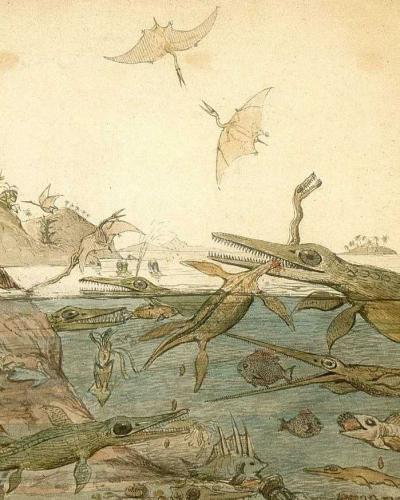
HIST 2812 History of Scientific Images (also STS 2812) (HST-AS) (HEU) Tuesday and Thursday: 10:10-11:25 Professor Jeremy Schneider Science needs images. Natural history books contain drawings of plants and animals, physics books diagrams of atoms, and medical books depictions of the human body. But what makes these images “scientific”? Why aren’t they just a work of art? In this course students will examine the history of scientific images from the sixteenth to nineteenth centuries. We will investigate: When did science begin to value the use of images? What purpose were scientific images meant to serve? How have technologies of production changed over time? Students will uncover who the creators of scientific images are and examine how image-making has redirected the course of knowledge. The class is addressed to anyone interested in history, art, culture, and the sciences.
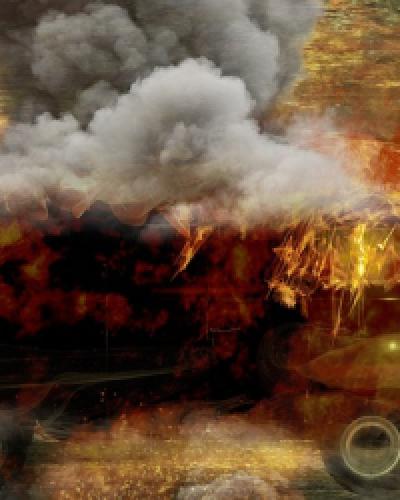
HIST 2690 History of Terrorism (ALC-AS, HST-AS) (HEU) Tuesday and Thursday: 11:40-12:55 plus discussion Professor Claudia Verhoeven This lecture course examines approaches to the study of terrorism, especially in the global north. It will cover 1) the history of terrorism as it developed over the course of the modern era (in the process distinguishing terrorism from other forms of modern political violence, e.g. partisan warfare, state terror, etc.) and 2) the ways terrorism has been perceived, presented, and remembered by contemporaries and subsequent generations. Questions, therefore, will include the following: How has terrorism been approached by political theory, history, literature, etc.? How have these approaches constructed terrorism as an object of scientific investigation? How were terrorists perceived and represented by their contemporaries (in the press, literature, the arts)? How did terrorists represent themselves (in political pamphlets, autobiographies, fiction)? Readings will include archival materials, manifestos, memoirs, and novels, as well as classic pieces of political writing (e.g. Lenin, Schmitt, Arendt).
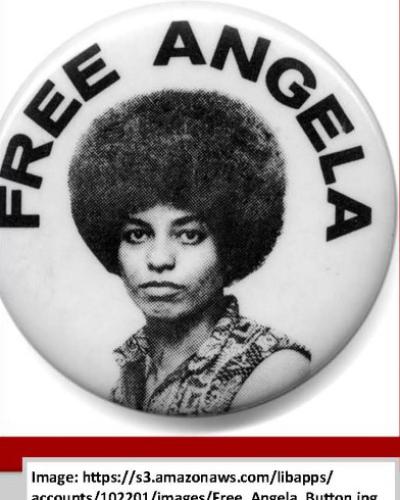
HIST 2353 Civil Rights vs. Human Rights in the Black Freedom Struggle (also AMST 2353, ASRC 2353) (HST-AS) (HNA) Monday and Wednesday: 2:55-4:10 plus Independent Research Professor Russell Rickford This course explores the changing meaning of American freedom and citizenship in the context of the long struggle for black liberation. Relying on social and political history, it confronts the promise, possibilities, and limitations of civil rights and human rights in the twentieth century. We examine various “rights” discourses and their role in reconfiguring our legal landscape and cultural mores, molding national and group identity, bestowing social and moral legitimacy, shaping and containing political dissent, reinvigorating and redefining the egalitarian creed, and challenging as well as justifying the distribution of wealth and power in the U.S. We examine the attempts of subjugated groups to transcend narrow social definitions of freedom, and we confront the question of formal political rights versus broader notions of economic justice in a national and international context.
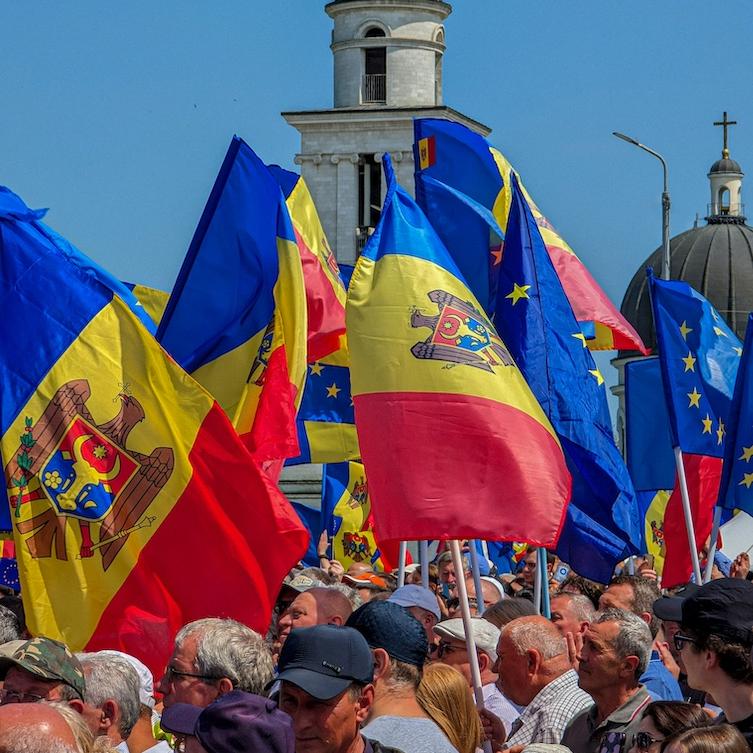
The Moldovan people still have a very clear memory of what life was like as a Soviet republic, says professor Cristina Florea after the pro-EU party decisively won a parliamentary election there.
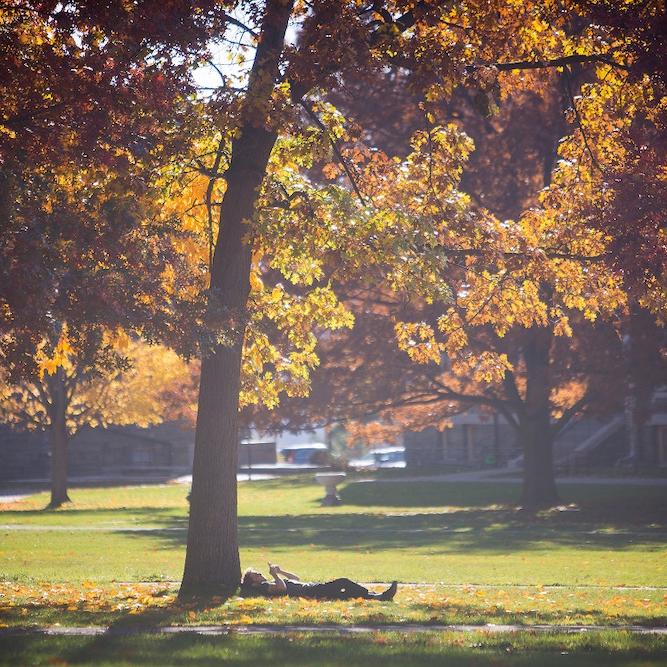
This month’s featured titles include the latest by a National Book Award winner and a classical history of Jewish resistance to Rome.

Historian Peidong Sun began her new book “Unfiltered Regard for China: French Perspectives from Mao to Xi” amid profound personal upheaval: An exit ban from China and a move to France.

Tune in to the recent grads behind Sisters Who Watch—which covers everything from reality TV to the Super Bowl and beyond: A&S graduate Shelby Holland '18 and her sister Laura Holland ’22.
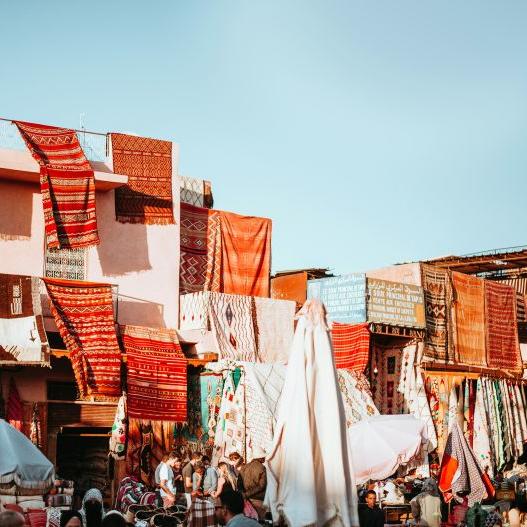
The Einaudi Center welcomes the Southwest Asia and North Africa Program and four new program directors this fall.
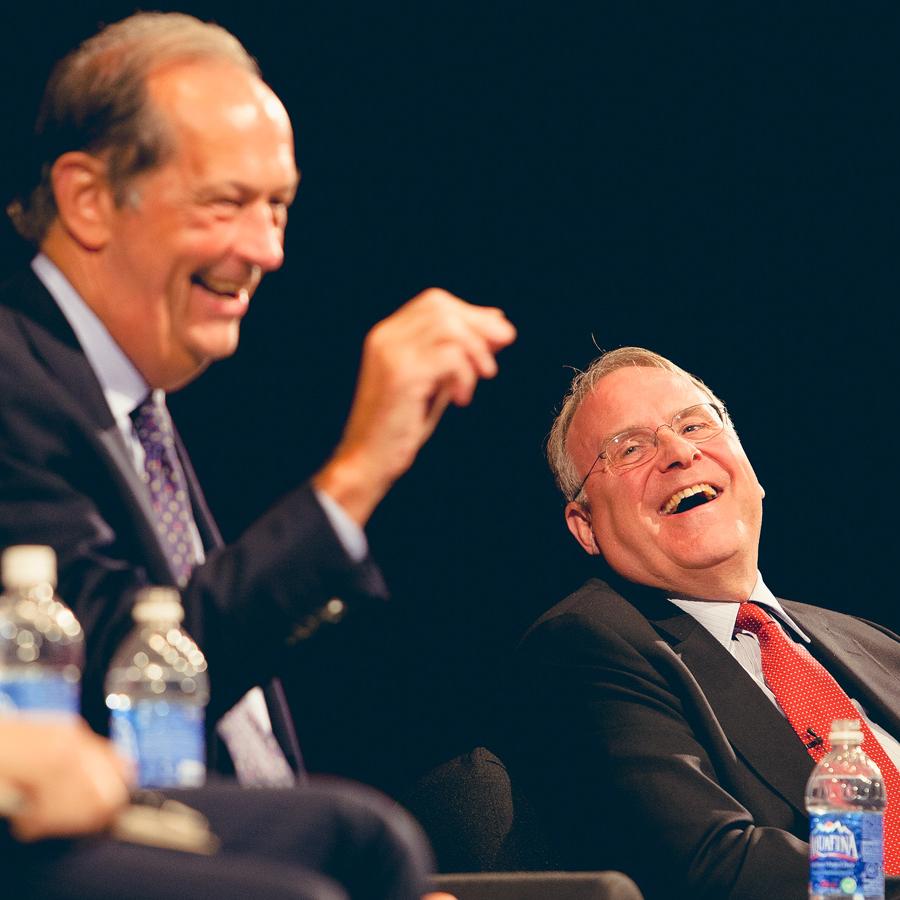
The co-author of Forever Faithful reminisces about the star goalie as a player, a writer, a sports-safety activist, and a man.


Ken Dryden ’69, the legendary Cornell men’s hockey goaltender who still holds the program record for career wins (76) and backstopped the Big Red to its first national championship in 1967, died of cancer Sept. 5.
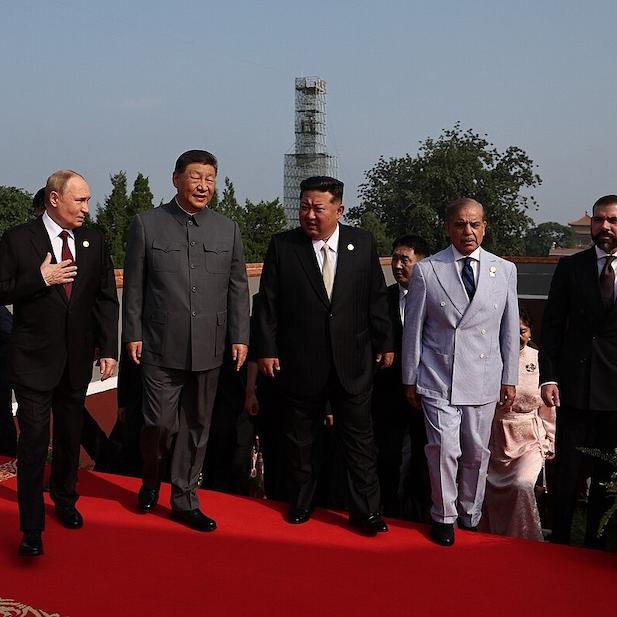
The massive display of new military power by the Chinese this week served several purposes, says military historian David Silbey.


Best-selling writer and technology blogger Cory Doctorow will make the A.D. White Professor-at-Large program’s second dual-campus visit, ending his week at Cornell Tech in New York City. Four other professors will visit Cornell this fall.
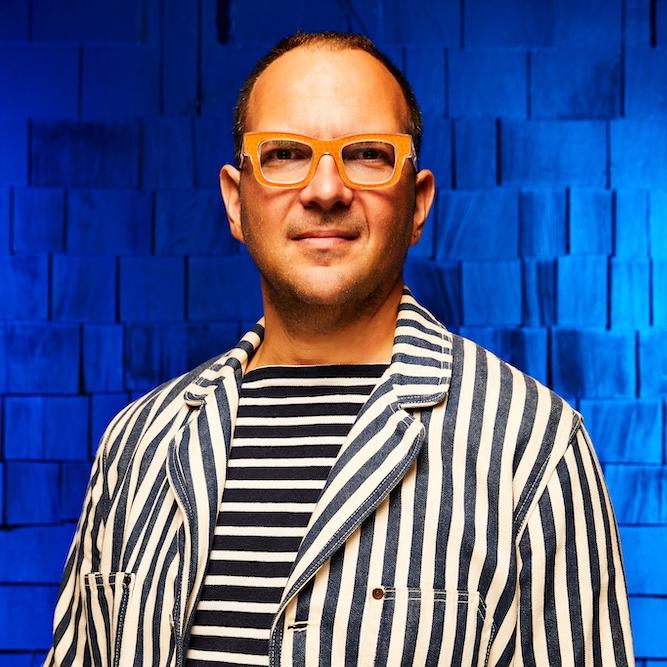
Science fiction author, activist and journalist Cory Doctorow will visit Cornell Sept. 11-19 as an A.D. White Professor at Large, taking part in several events on campus and in the community..
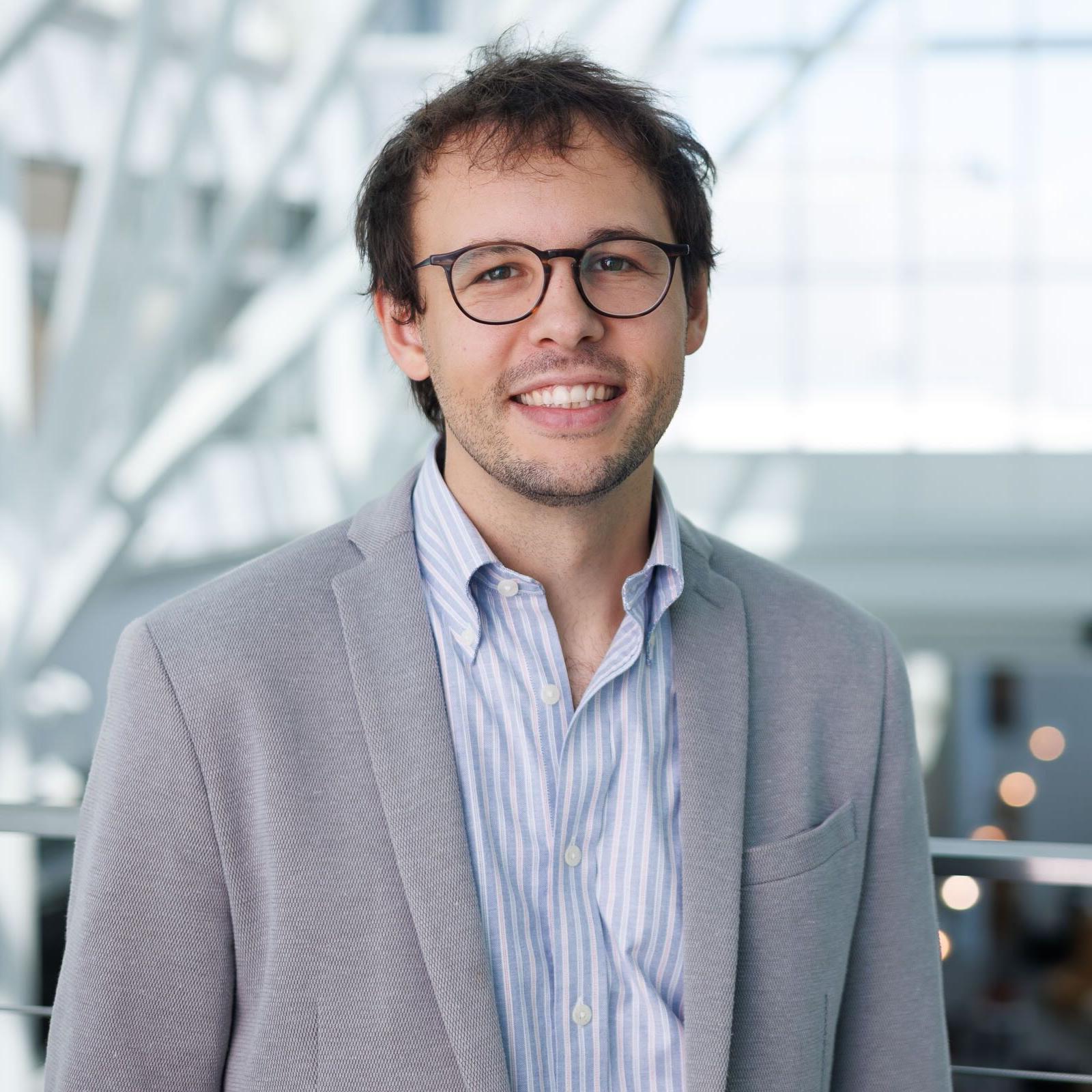
Jeremy Schneider, History
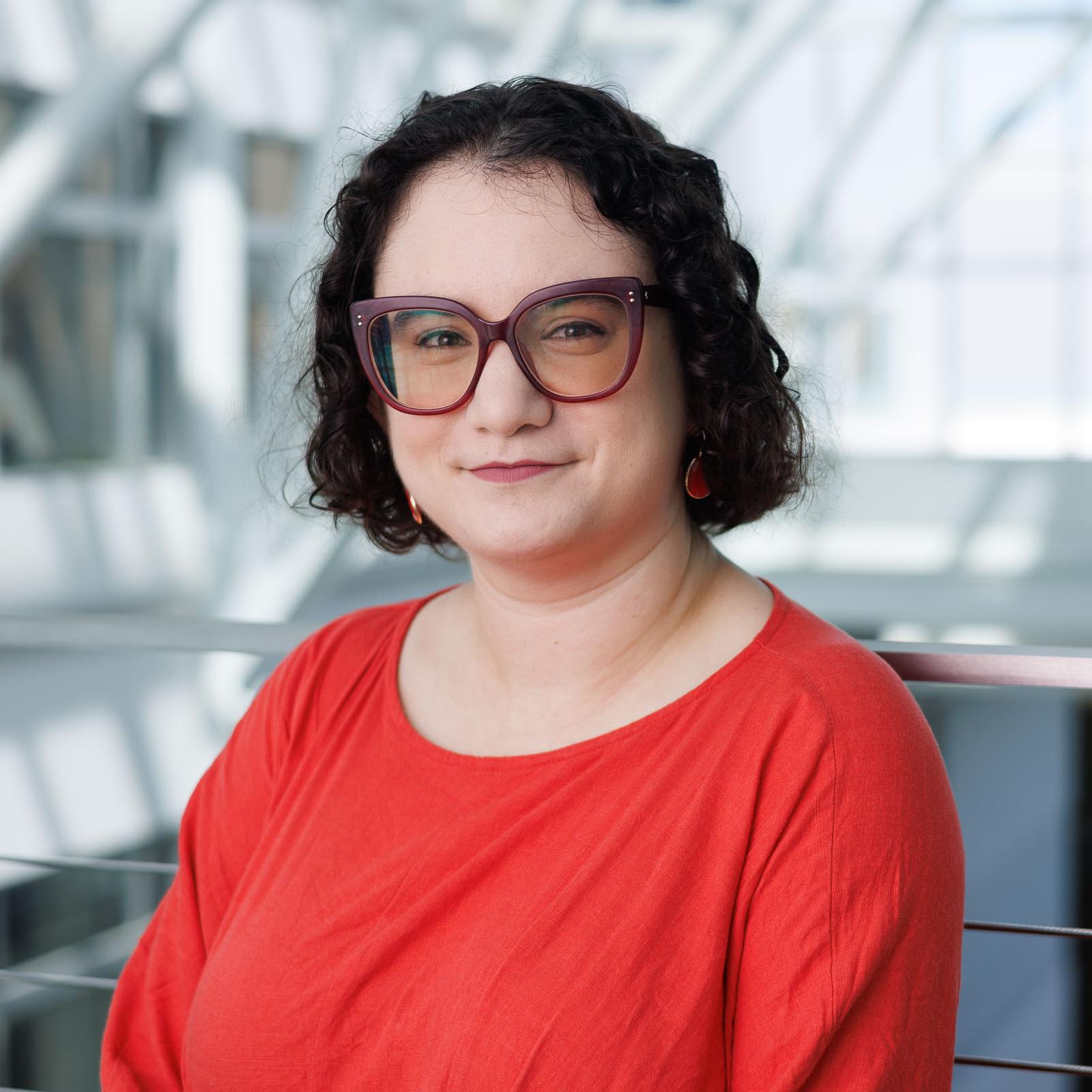
Talia Prussin, History

Ten students who participated in this summer's Nexus Scholars Program share their stories..
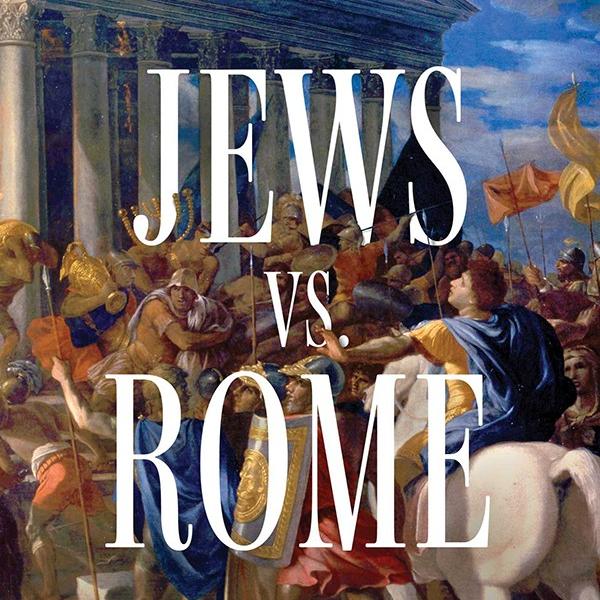
Barry Strauss ’74 shines a light on the resilience the Jews of Judea showed in their rebellion against the Romans.
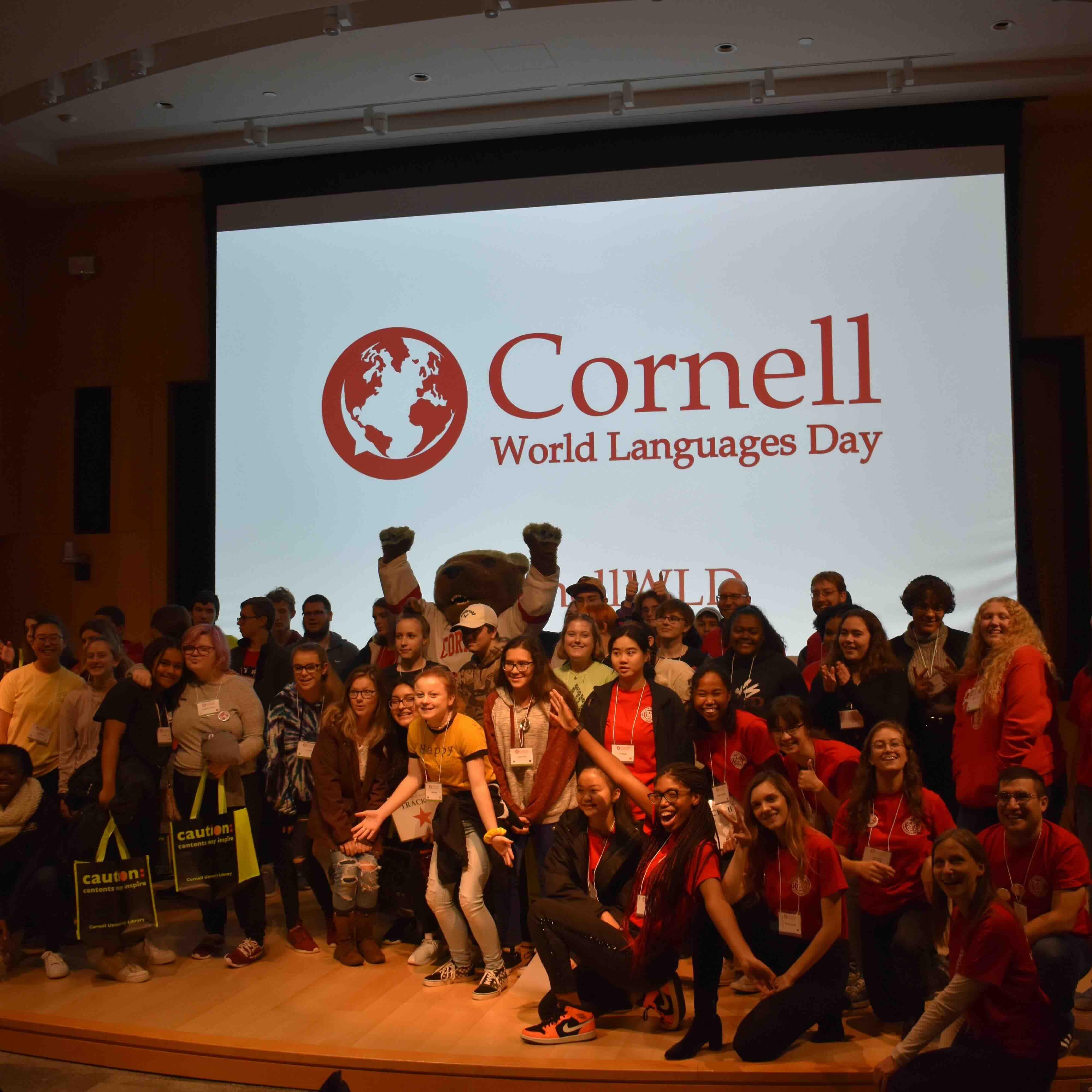

The David M. Einhorn Center for Community Engagement awarded nine grants to a diverse array of projects that connect classroom learning with hands-on collaboration.
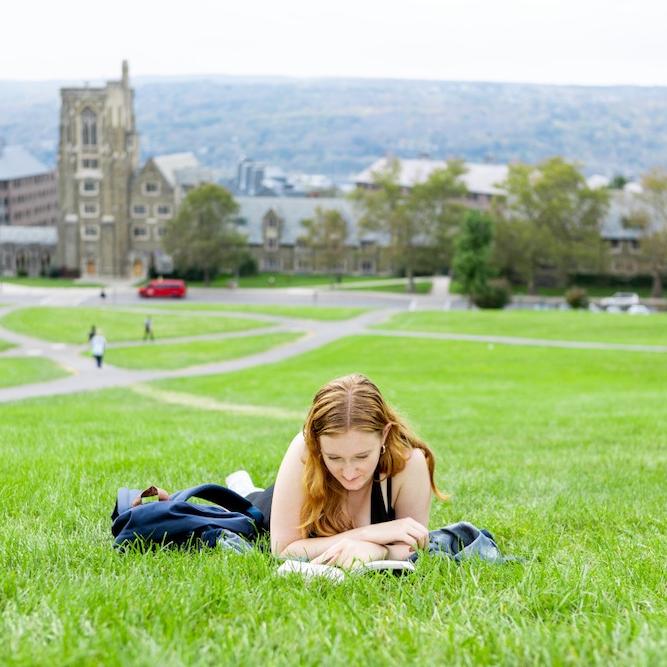
This month’s featured titles include a look at the world’s first advice column, self-help for parents, and a scholarly book on Venezuela.
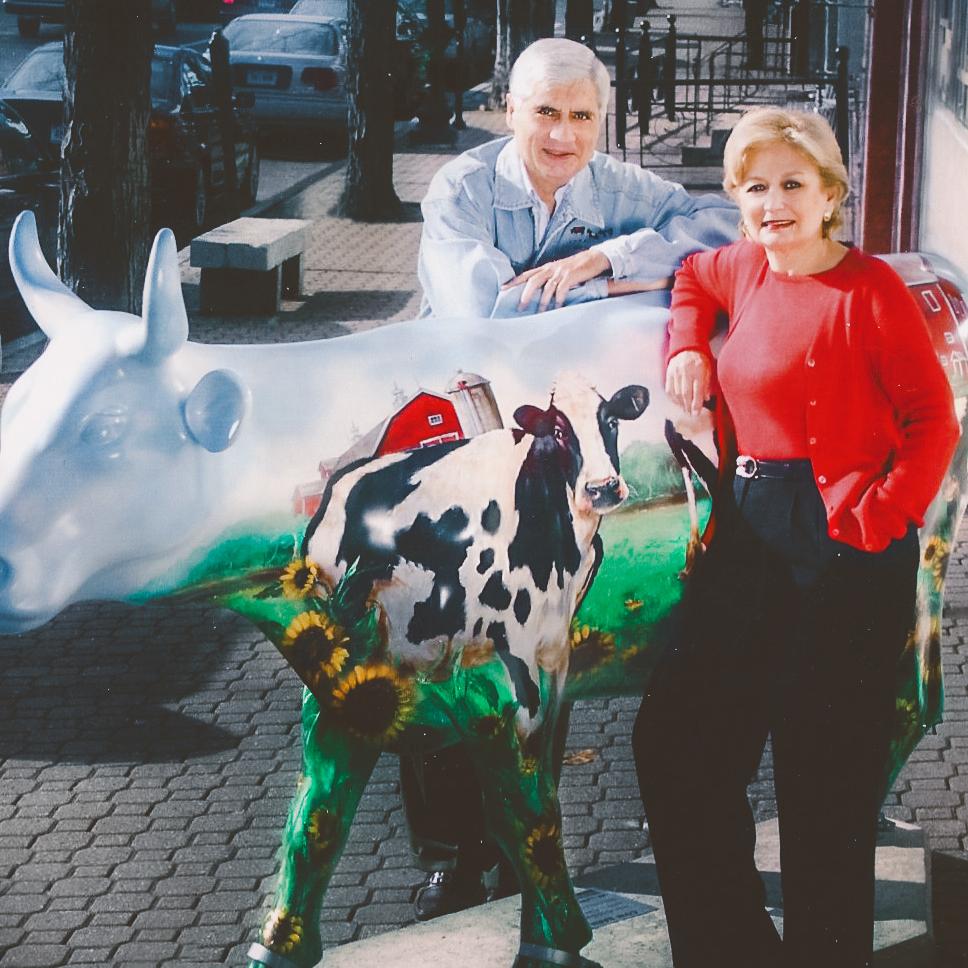

Jerry Elbaum ’61, JD ’64, founded the organization that mounts bovine-themed public art shows in cities around the globe
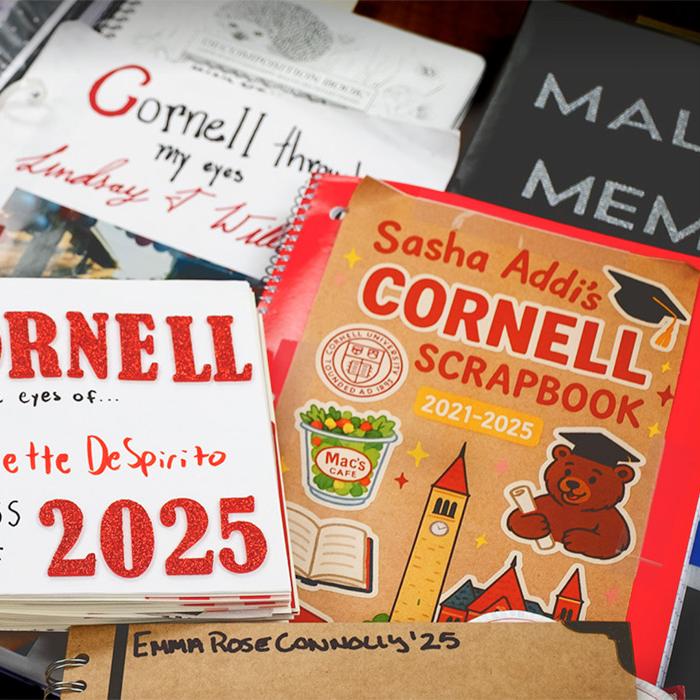
As a final project, a popular course on Cornell history lets students create miniature time capsules for future generations.
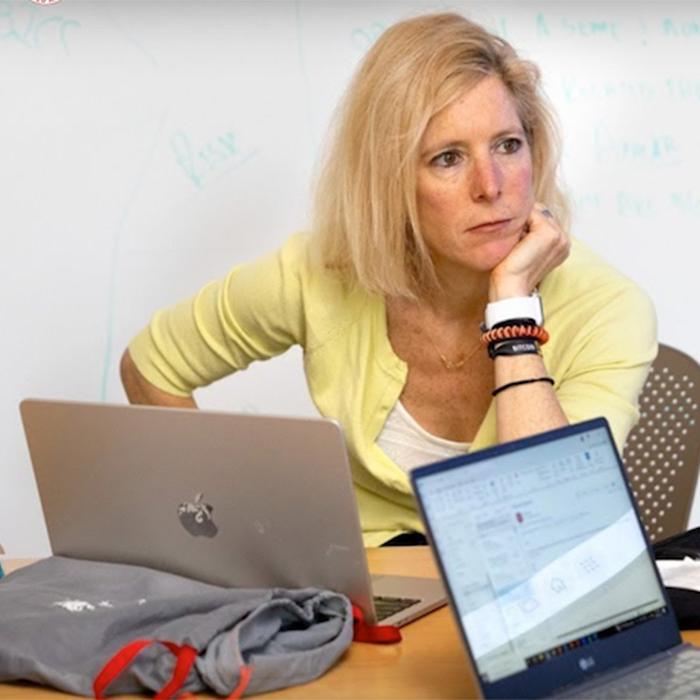
A look at some projects imperiled by federal funding cuts — and how you can support your alma mater through "Cornell Matters."
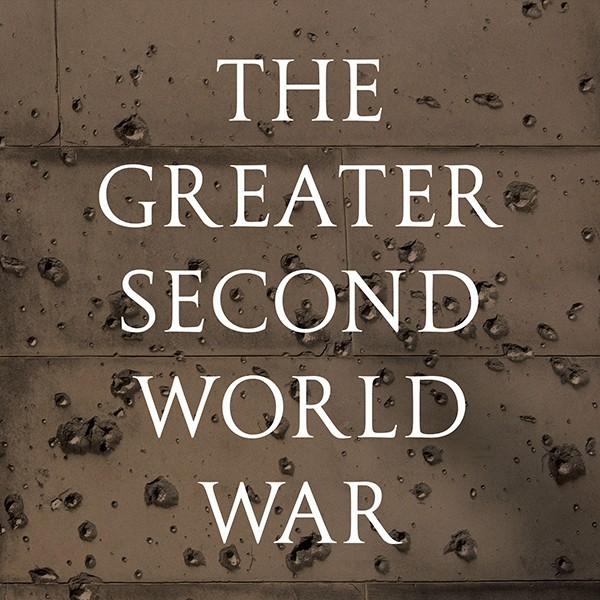

This summer marks the 80th anniversary of the “official” end of World War II, but a new book co-edited by Ruth Lawlor, assistant professor of history, extends the war’s timeline back to 1931 and into the mid-1950s.
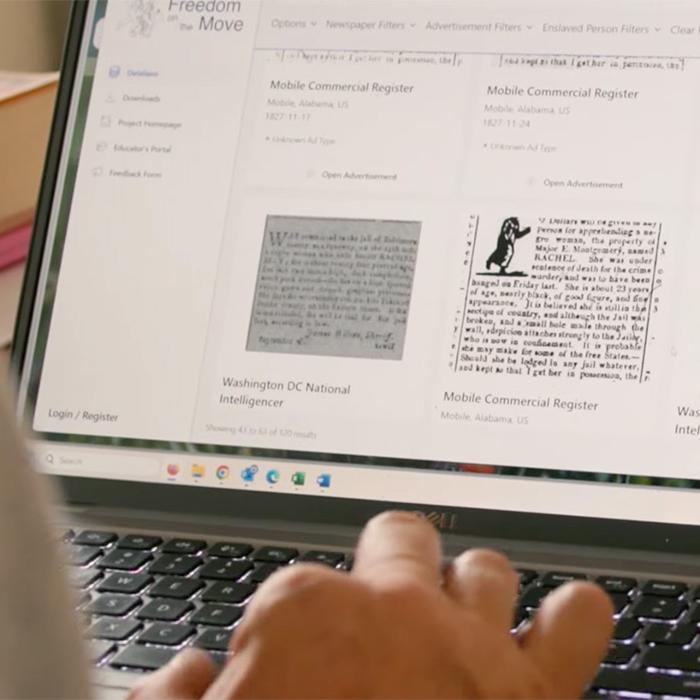
A research project collecting records of freedom-seeking enslaved people in the pre-Civil War U.S. came to a halt in early May.
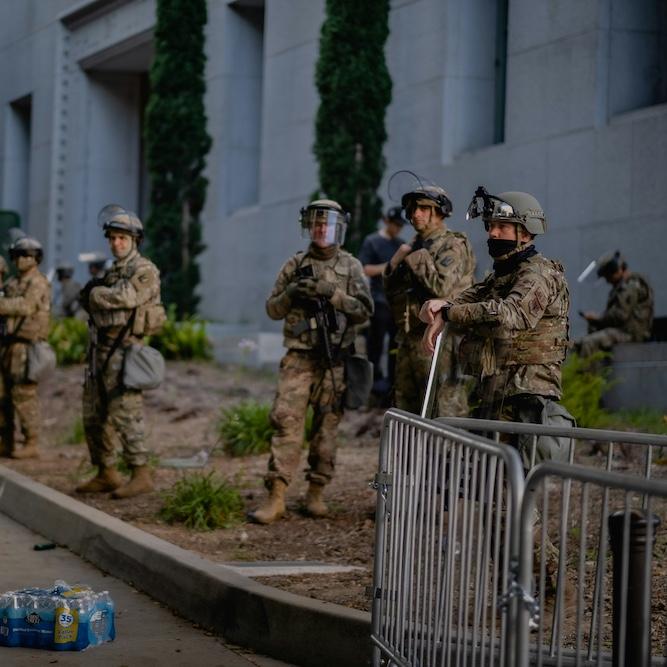
History professor David Silbey points out restrictions on and risks of using active-duty military to respond to protests.